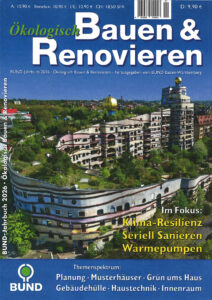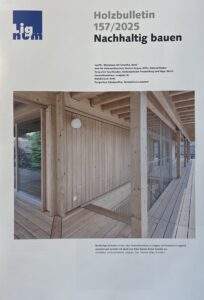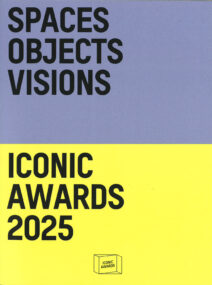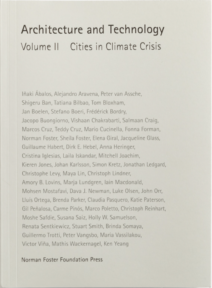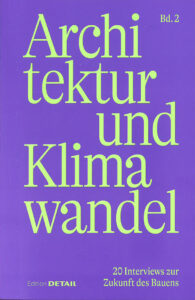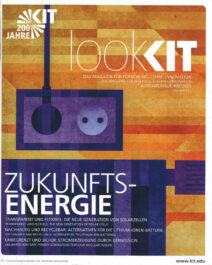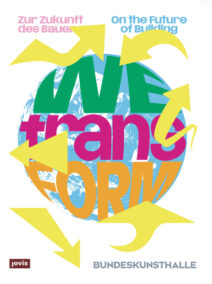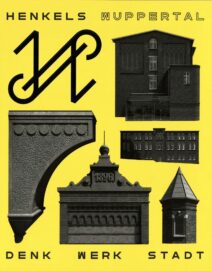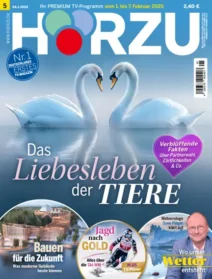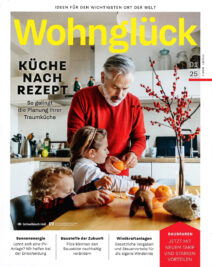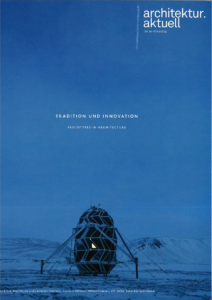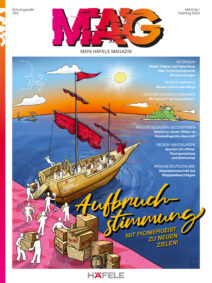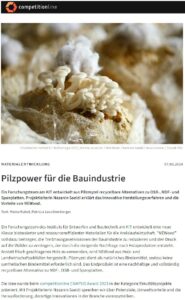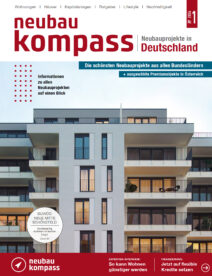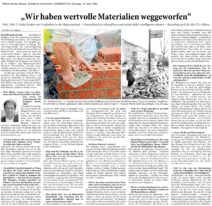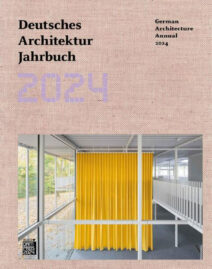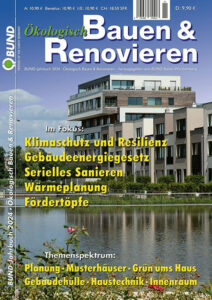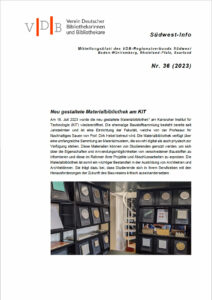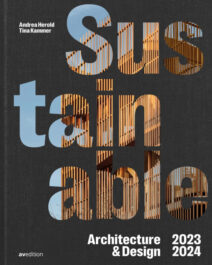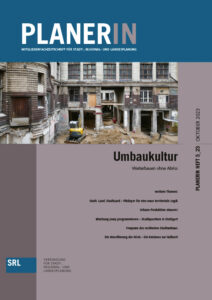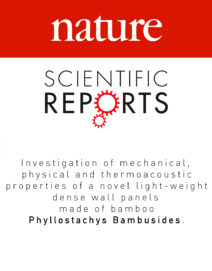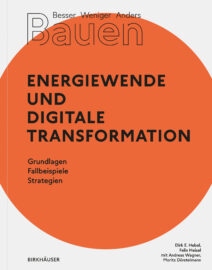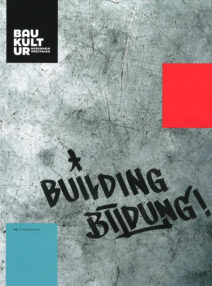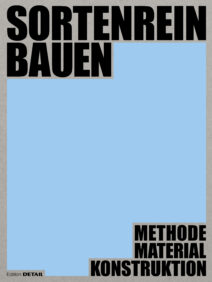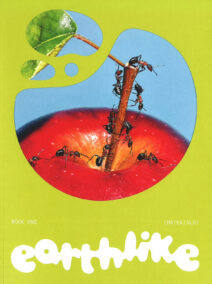Cities as proto-typologies
Public lecture by Prof. Dirk E. Hebel at the 2012 Academia Engelberg Congress in Switzerland on September 14, 2012. The 11th Dialogue on Science will focus on the issue of rapid urbanization and its consequences for everyday life in cities around the world. With this congress the Academia Engelberg Foundation asks how might the disciplines of architecture, urbanism and the built environment sciences respond to the challenges of rapid urbanization?
The Chair of Architecture and Construction at the Future Cities Laboratory in Singapore concentrates its research on ‘alternative modern’ construction materials. The ‘alternative’ aspect of this focus emerges from an exploration of the possibility of knowledge transfer, which could change the way we think about vernacular or traditional building materials. One material, maybe the most neglected building material in the world so far, has the chance to change our perspective: Bamboo, “the next super-material” as it was called out in a recent BBC documentary. It is growing exactly in those regions around the equator belt, where most developing territories are to be found today. Bamboo is a very fast growing and affordable natural resource, which has outstanding constructive qualities, superior to wood and, looking at tensile capacities, even to steel.
Re-inventing and overcoming its role as a old fashioned vernacular building material of the South, it could start to establish a knowledge transfer from South-to-South or South-to-North and reverse the traditional model. The talk will argue, that through knowledge transfer, there is a chance to combine and therefore revaluate globally applied building materials with local available substances and knowledge from the South. It is proposing the possibility for a ‘reverse’ or ‘alternative modernism’, whereby developed countries might start to learn and gain from a knowledge developed in the ‘South’.
